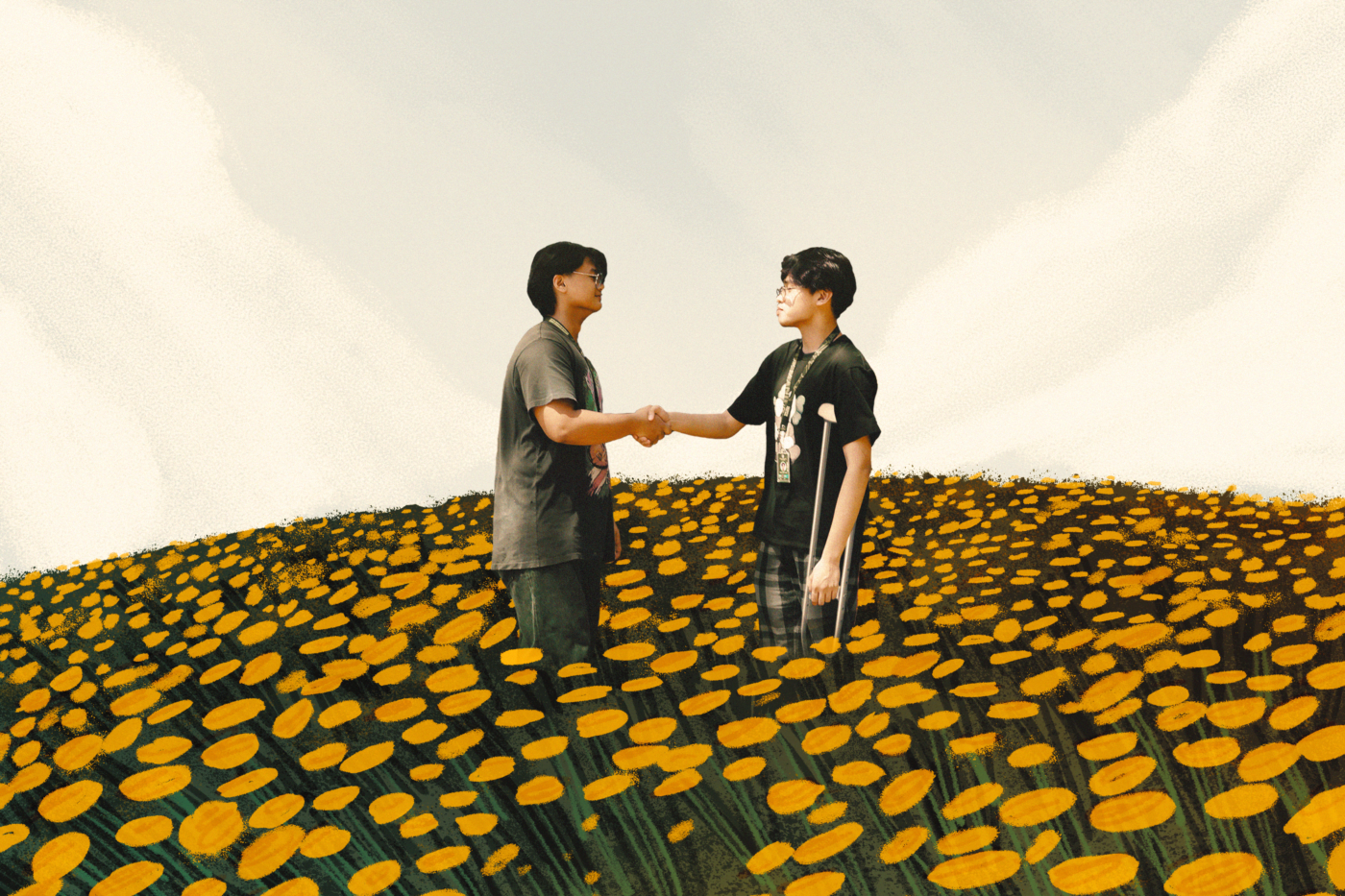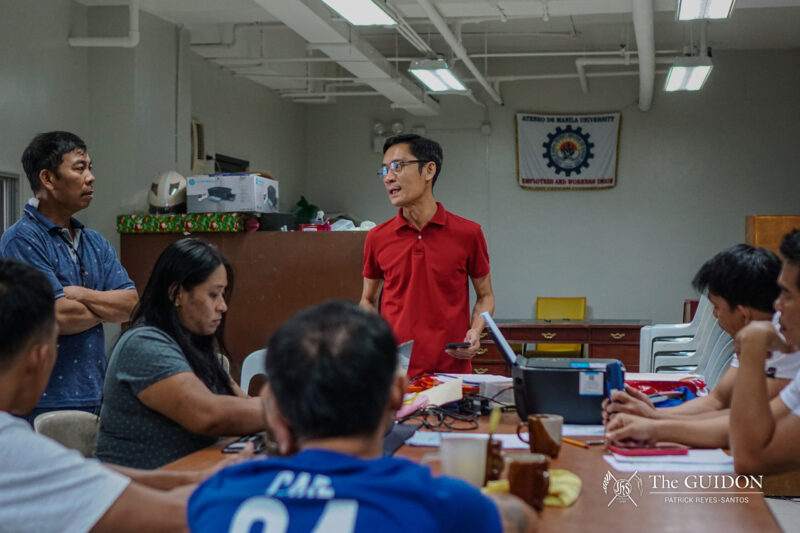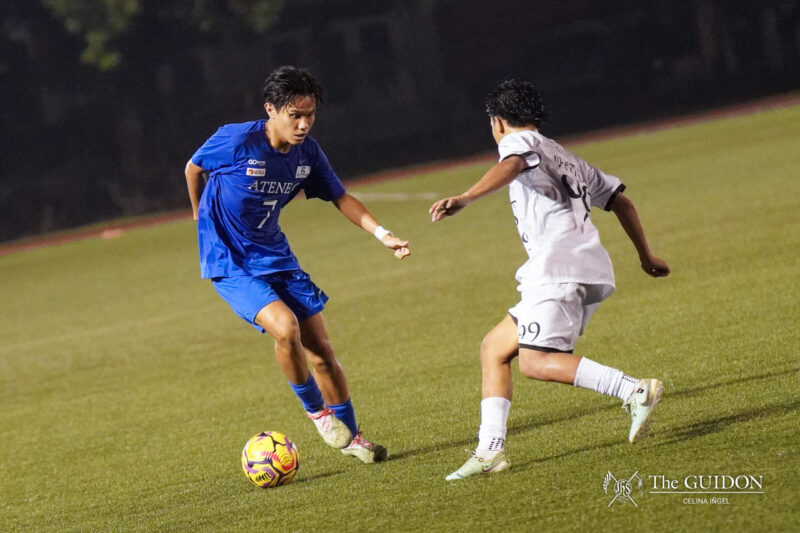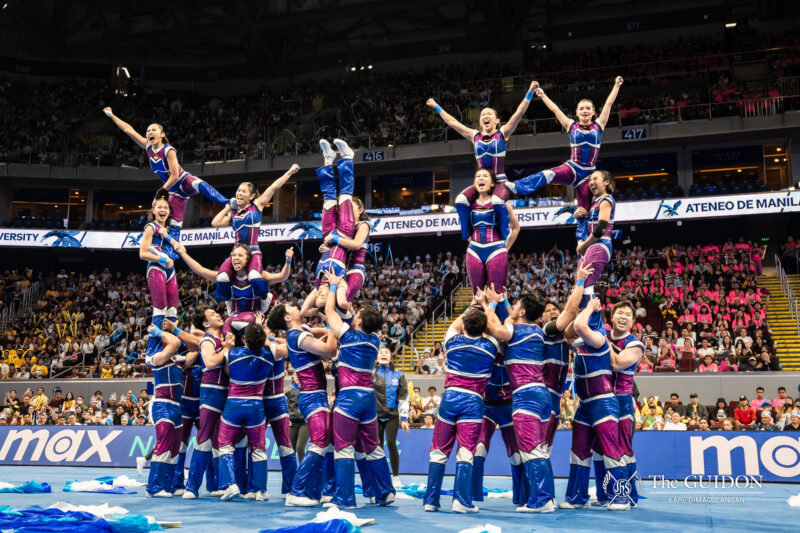IN AN effort to foster inclusivity and enhance engagement with the student body, the Sanggunian Commission on Disability Inclusion (CDI) and the Commission on Mental Health (CMH) set out to restructure existing support groups for students with disabilities within the second semester.
Expanding on the purpose of these support groups, CDI Commissioner Jillian Barreiro emphasized that this year’s commission envisions helping students with disabilities (SWDs) forge meaningful connections and navigate their college experience alongside peers with similar backgrounds.
Similarly, CMH’s peer support program, which began last February, will include seminars and support group post-processing sessions centered around relevant themes connected to mental health. Assisting the implementation of this program are trained student facilitators and the Loyola Schools Office of Guidance and Counseling.
Hearing the community
Aside from support groups, the CDI has been helping the different School Sanggunians with reaching out to the student body. Recently, the CDI collected qualitative data through focus group discussions (FGDs) assessing student reception on the reinstated policy of not differentiating excused and unexcused absences.
Notably, Barreiro explained that the potential impact of the issue on the quality of education and student life of SWDs prompted the investigation of the community’s experiences with the new policy.
Barreiro added that the conducted FGDs mainly centered on students’ current academic routines and shifts in their priorities. After sharing their thoughts, the groups would discuss how the administration could better address their concerns regarding the ‘cut’ policy.
During the FGDs, over 100 students shared negative experiences with the policy. Particularly, SWDs face a lack of consideration in addressing their concerns from some offices with their expectation that they “should be able to operate like ‘normal students.’”
Additionally, a key finding she highlighted was the lack of the faculty’s awareness of their freedom to apply the policy in their classes, as most faculty comply with the administration’s instructions.
Despite this, Barreiro clarified that the CDI does not hope to abolish the policy. “There needs to be a sense of understanding. There needs to be room for leniency. There needs to be room for academic freedom,” she clarified.
Ultimately, the CDI originally hoped to present their findings to the administration in March, but admitted that additional research and data collection must be done to fully develop their proposal.
Furthermore, they aspire for succeeding initiatives such as the training of support group facilitators and the reinstatement of the online helpdesk to prioritize efficiency over speed.
Following plans
Instead of strictly adhering to formal structures, the CDI, through its support group, is dedicated to fostering a sense of community and support, Barreiro emphasized. She said that this approach gives participants a safe space to talk about their experiences and bond with people who can empathize with them best.
“Disability is such a unique experience. [Having a support group can] do so much to go through college alongside those people who understand you best,” she highlighted.
To gauge the student body’s interest in the SWD support group, the CDI emailed the SWD Support Group Interest Check last February 12 to further solidify their plans. Moving forward, they will hold a training program set for March and April, featuring talks on diversity, disability awareness, and strategies for supporting the community.
On the other hand, CMH takes a different approach with their initiatives. CMH Co-Commissioner Anthea Toledo commented that their “One Call Away” peer support program aims to tackle the different mental health issues students face.
“When we talk about mental health, we always think […] it should be [something] positive […] but it also involves embracing [and acknowledging] whatever feelings you may encounter,” she explained.
CMH Co-Commissioner Daniella De Guzman revealed that they revamped the project to have a clearer vision due to a low turnout rate in the previous year. She highlighted that the former structure simply had groups engaging in discussions without a particular topic prepared beforehand.
A hopeful future
Aside from the support groups, both commissions are individually implementing various programs, such as online helpdesks and SWD support trainings, which cater to the needs of the student body.
In particular, De Guzman disclosed that the Commission is also in the process of improving its Facebook helpdesk and preparing for their next Humans of Ateneo project, which features stories about individuals within the Ateneo community.
Looking ahead, Barreiro expressed hopes that CDI can forge a distinct identity for the commission, all while fostering an inclusive community for individuals with disabilities.
Likewise, both Toledo and De Guzman shared that they envision CMH to evolve into a safe haven where one can freely engage in dialogue and have fun through diverse activities.







